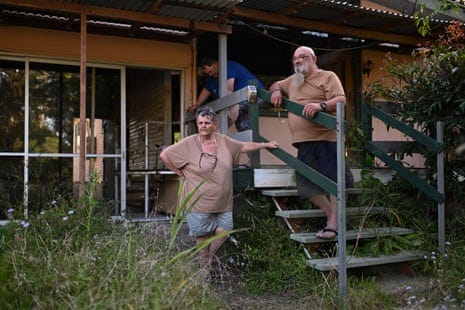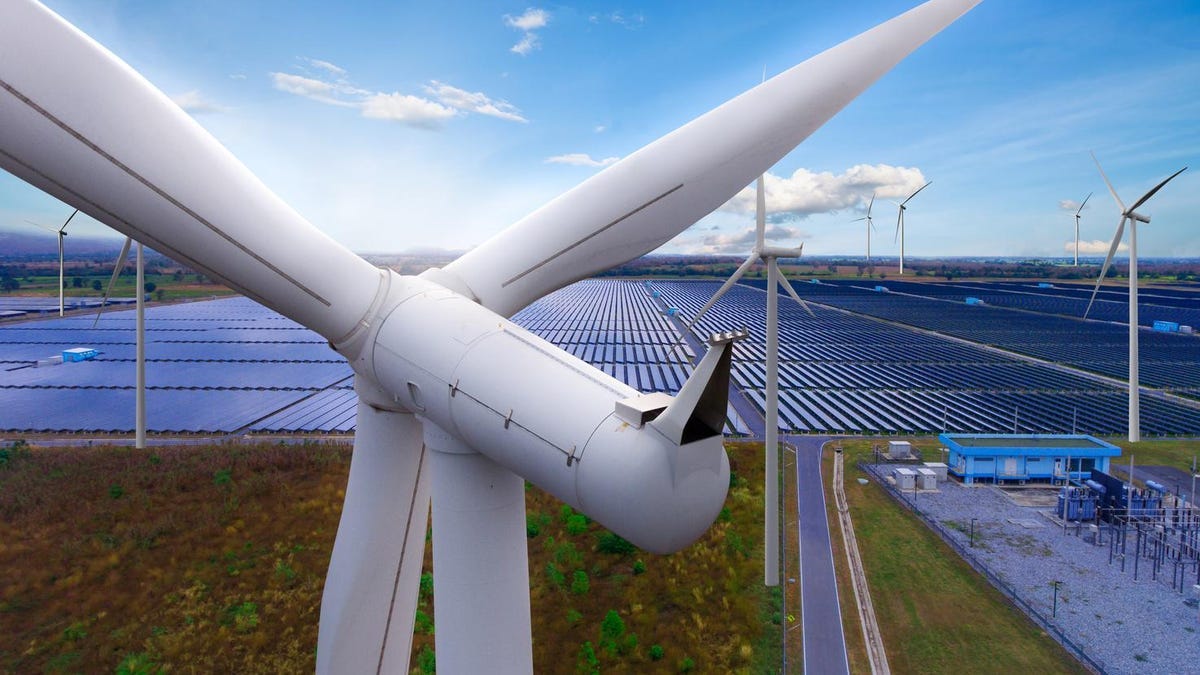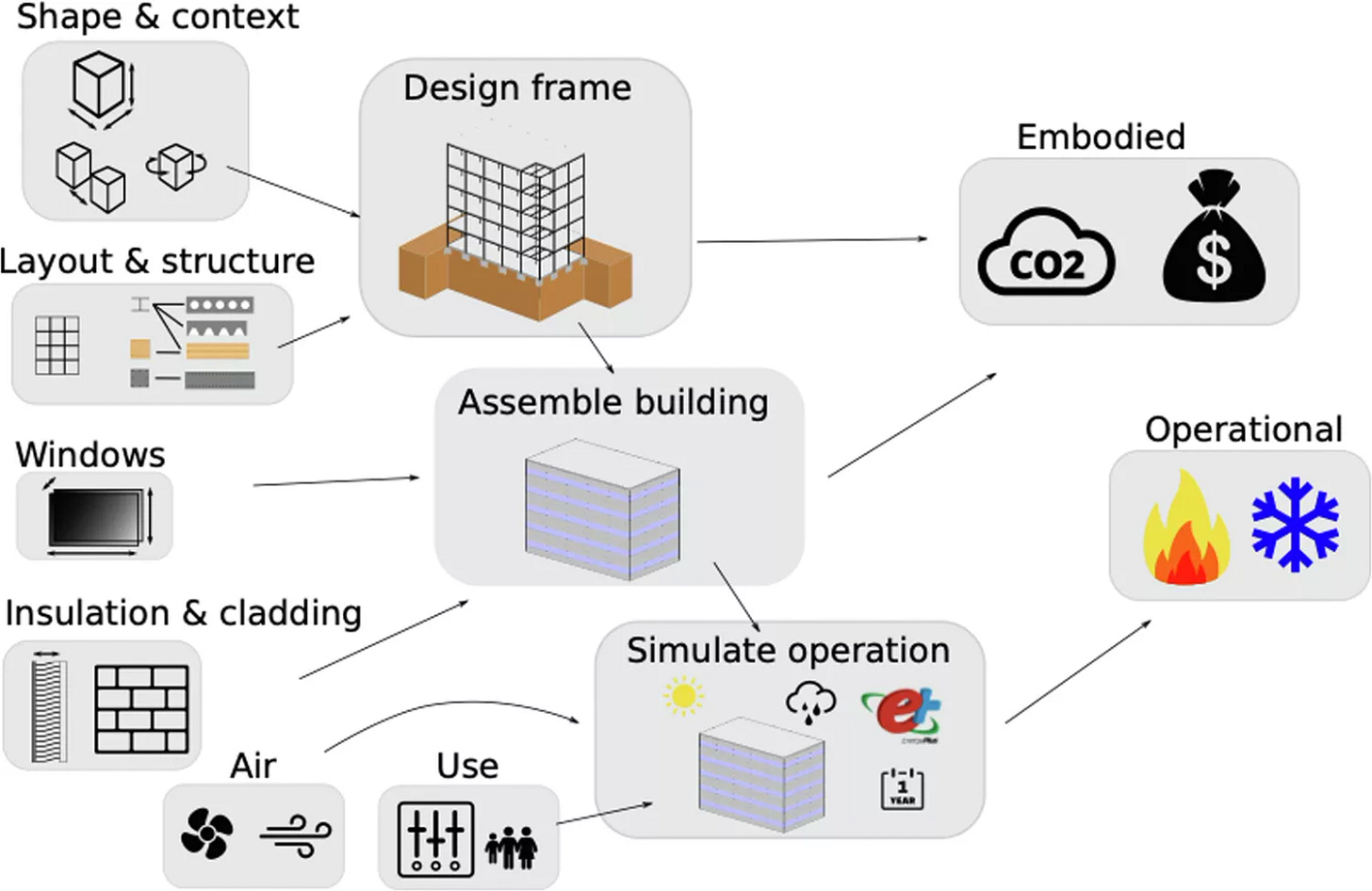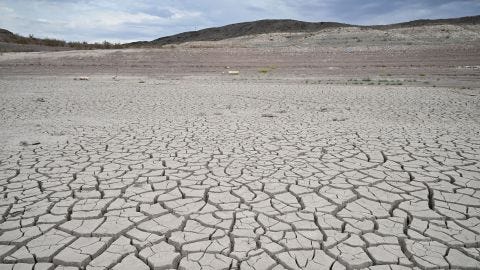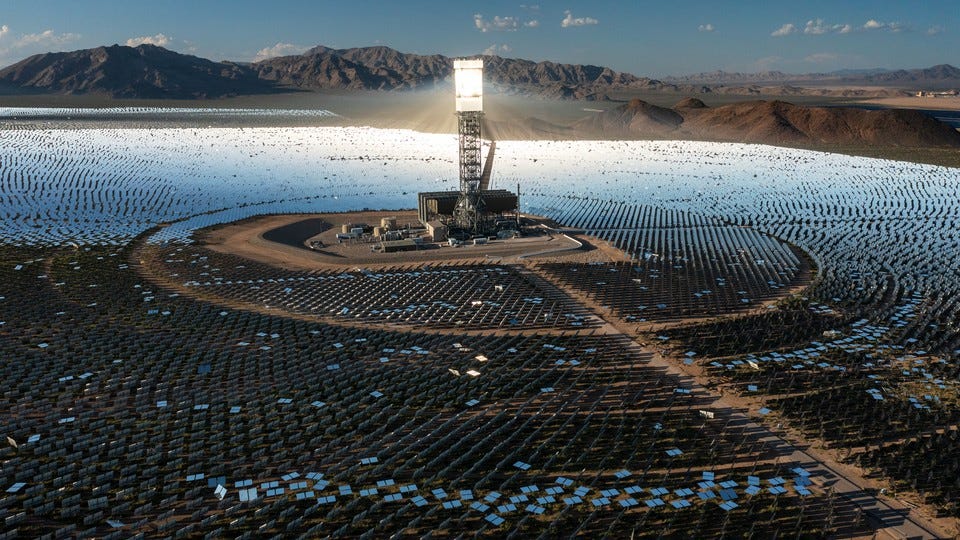Hey friends—
Quick post: a short list of links to things worth reading.
More soon,
Alex
Like a river falling from the sky.
“Communities might be ravaged beyond resettling. None of the state’s major industries, from Tech and Hollywood to farming and oil, will be untouched.”
The Coming California Megastorm
“Grass grows waist-high in once manicured lawns, vines snake their way up the sides of houses, junk mail piles up in letterboxes. Cladding has been stripped, sinks and windows removed, squatters moved in. A small, hand-written sign saying “Be Back Soon” is stuck on to the garage of an apparently derelict home.”
‘Everything’s gone’: eerie silence on Enid Street provides a glimpse into Australia’s climate future
Running dry.
“The crisis over the Colorado River is the latest example of how climate change is overwhelming the foundations of American life — not only physical infrastructure, like dams and reservoirs, but also the legal underpinnings that have made those systems work.
“A century’s worth of laws, which assign different priorities to Colorado River users based on how long they’ve used the water, is facing off against a competing philosophy that says, as the climate changes, water cuts should be apportioned based on what’s practical. The outcome of that dispute will shape the future of the southwestern United States.”
As the Colorado River Shrinks, Washington Prepares to Spread the Pain
Inflection point.
It costs us big money to keep using unsustainable systems, part #493: It's now cheaper to build new clean energy than keep running coal plants nearly everywhere in the U.S.
Running out.
“Almost overnight, the Rio Verde Foothills turned into a worst-case scenario of a hotter, drier climate, showing what happens when unregulated growth collides with shrinking water supplies. … ‘It’s a cautionary tale for home buyers. We can’t just protect every single person who buys a parcel and builds a home. There isn’t enough money or water.’”
Skipped Showers, Paper Plates: An Arizona Suburb’s Water Is Cut Off
Underwater.
“Mandy Graham knew her spacious, attractive dream house on the Arkansas River was in a 100-year floodplain, but when she bought it in 2017 — with the help of a federally funded flood insurance plan — it had been just 31 years since Tulsa’s largest-ever flood. By her math, that meant she had 69 years to go before there would be anything to worry about. Two years later, the rains came and didn’t stop until her home was under 6 feet of water.
“Local officials would later tell the hundreds of people who lost their homes that the Town and Country development in the suburbs of Tulsa never should have been built. A dried-up streambed runs smack through the middle of the subdivision — it functioned as a flood superhighway when the Arkansas crested its banks. All told, the flooding in May 2019 damaged 913 homes in the Tulsa area, destroying 335 of them, according to the Federal Emergency Management Agency.”
Dream Homes and Disasters: Is the Government Ready to Confront Climate Risk?
Building better.
"'Dumb boxes'—the least expensive, the least carbon-intensive, the most resilient, and have some of the lowest operational costs compared to a more varied and intensive massing." The study confirms that compactness cuts heating and cooling in half and reduces upfront carbon and construction costs. [Compact development also reduces transportation demand and product consumption.]”
What Really Matters in Multi-Story Design? A New Study Looks at It All
see also
An Architect's Guide to Building Better Housing
Hotter than expected.
“The AI predicted a probability of around 80% that 2 degrees warming will be reached before 2065, even if, over the next half century, the world reaches net-zero – where it removes at least as much planet-warming pollution from the atmosphere as it emits. If emissions stay high… the AI predicted a 50% probability that 2 degrees will be reached before 2050.”
Impact matters.
“Offering (and taking) much-needed R&R is a good start, but the solution may not be working less, it might be taking more control and achieving greater impact in the work we are doing. We need to look beyond the where and when of the workplace and focus on the what and why of the work.”
Is Your Burnout From Too Much Work or Too Little Impact?
Opportunity breaks more barriers than risk.
“For big corporations, the IRA ‘definitively changes the narrative from risk mitigation to opportunity capture.’”
The Climate Economy Is About to Explode
If you read German:
Was, wenn die besten Jahre vorbei sind?
Alex Steffen’s website, LinkedIn and Medium page and a review of Alex Steffen’s crash course in personal ruggedization.






